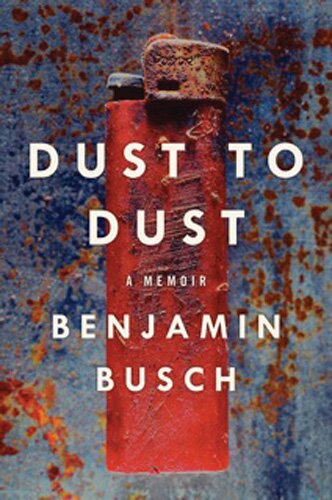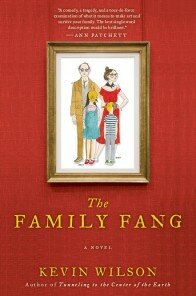In late June, chef Marcus Samuelsson was in Seattle for a special event at Tom Douglas’s Palace Kitchen downtown. For $90, you got dinner à la Samuelsson and a copy of his memoir, Yes, Chef. Typically, we at The SunBreak would offer a book review prior to this kind of event, so there’d be at least a slight tie-in to our Seattle coverage. But you get the review anyway, because this book is that good.
According to Amazon, 17 other people have said something like this after reading it: “If you had told me before I read this that I would read a chef memoir, and then later think it was one of the best books I had ever read, I would have laughed at you.”
When I got Yes, Chef, I had no idea who Marcus Samuelsson was, and I picked it up expecting to skim pass recipes and parboiled prose. But thanks in part to Veronica Chambers, the author of Mama’s Girl and Samuelsson’s collaborator on his memoir, this is an superbly-written work telling a story of Dickensian drama–the New York Times invents a category for it, calling Yes, Chef “one of the great culinary stories of our time.”
New York discovered who Samuelsson was in 1995, when he became the youngest chef to get three stars from the Times, for his work at Aquavit. Ruth Reichl said then: “Mr. Samuelsson is cooking delicate and beautiful food, walking a tightrope between Swedish tradition and modern taste. Swedish food often balances salty with sweet–think of herring–but Mr. Samuelsson has appropriated the idea and made it his own.”
It is perhaps jarring then to discover, on page one, that Samuelsson’s story begins in Ethiopia, and to learn later that his first name was originally Kassahun. “I was two when a tuberculosis epidemic hit Ethiopia,” explains Samuelsson, narrating how his childhood was nearly over before it had begun, and how, after the death of his mother, he was adopted by his Swedish parents.
Part of the pleasure of the book is the way unexpected events unfold, so I’ll avoid a synopsis. It’s worth noting that Samuelsson is as good as any travel writer on life in ’70s Sweden, working in a Swiss resort hotel, and showing up wide-eyed in New York in ’94– though a bit more food-centric than many. As he grows into adulthood, and seizes upon cooking as his passion, he demonstrates a dogged single-mindedness that both elevates him professionally and distances him from almost all other relationships–except with his chef mentors.
Though there’s some race-fueled bullying in his schooldays, Samuelsson professes not to have “racial wounds,” even though he begins to take note of the way he has to out-perform to move ahead in the kitchen. And Gordon Ramsey appears to have ensconced himself on Samuelsson’s shitlist permanently, after calling Samuelsson in one of his trademark rages and accusing him of snubbing him on his visit to London.
“To be honest, though, only one phrase in his juvenile tirade unsettled me: when he called me a black bastard,” says Samuelsson. Having sacrificed so much to overcome a ubiquitous, grudging reluctance to hire black management, once he’s made it, Samuelsson isn’t about to say “Yes, chef,” to Ramsey’s matey racism.
Samuelsson makes it clear that, on his own, he’d have left some of the less-flattering memories out, which is something else we owe Chambers. Samuelsson’s rise in higher and higher-pressure kitchens has a counter-narrative in the colleagues who didn’t rise with him, the daughter he didn’t raise, the family funerals he missed, the pull he thought he had with Bobby Flay. Some of this is balanced by Samuelsson’s unforced humility–he’s always ready to name-check his inspirations and influences–but other times he himself comes up empty in trying to describe the thoughtlessness of ambition.
In a way, you get the sense, Samuelsson is a puzzle to himself (the dislocation of his Ethiopian homecoming, the gap between a familiarity he can feel preconsciously but not know, between his success and an African standard of living is powerfully rendered), and his cooking is a kind of balm–it can’t erase differences, it doesn’t try to. It unites them, contrasts them, pulls diners into Samuelsson’s world of associations, while letting the problematic Samuelsson recede.

